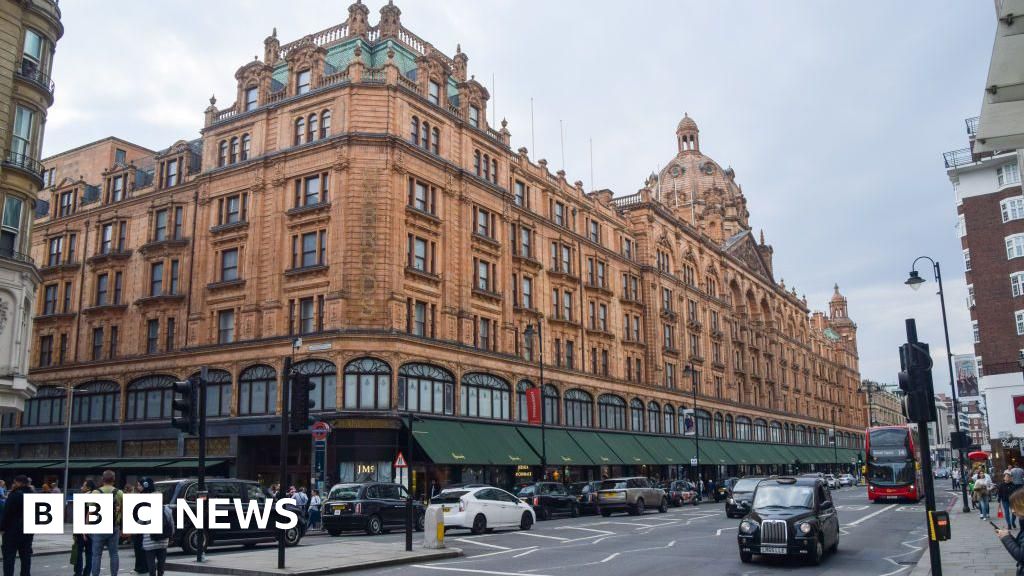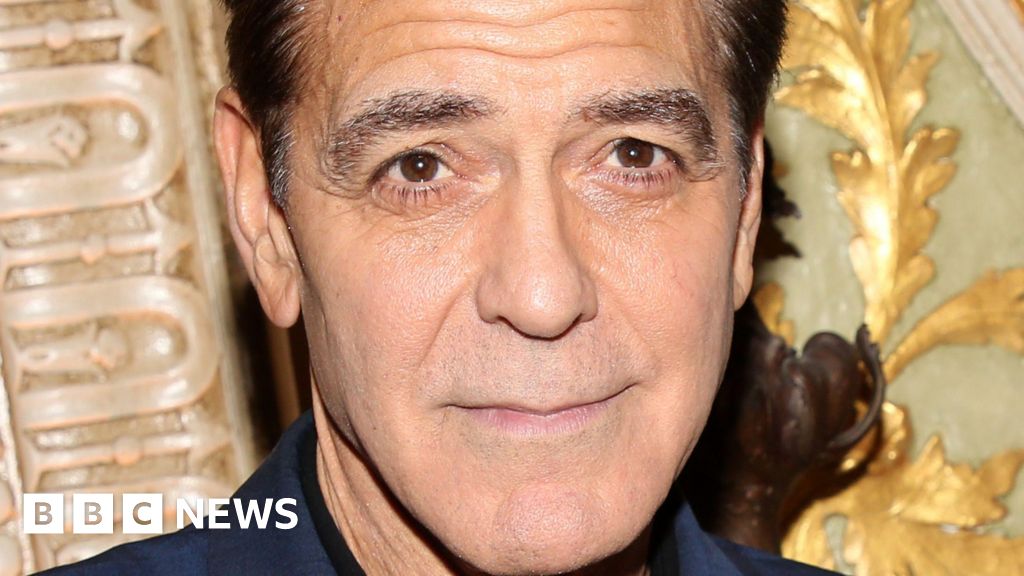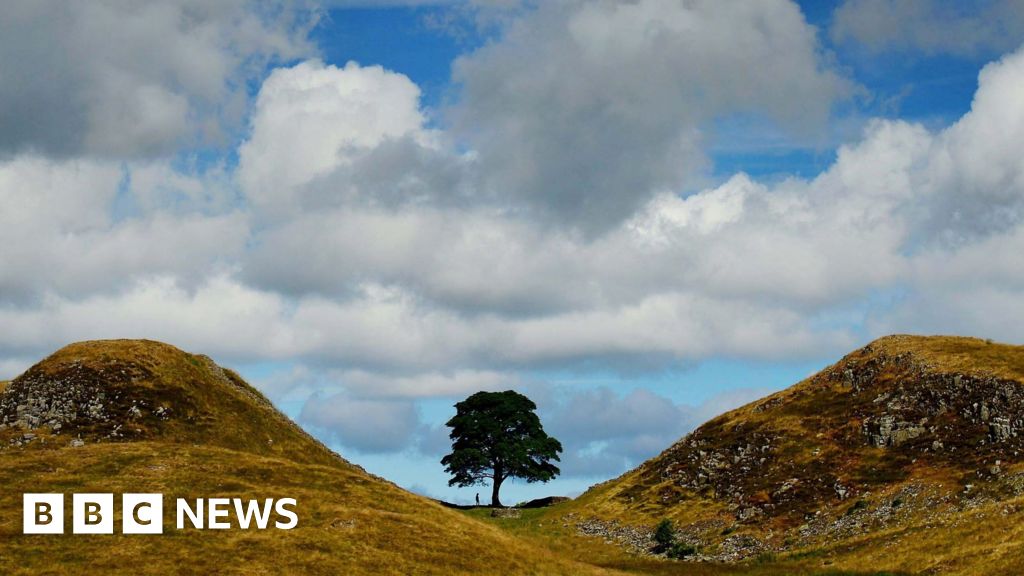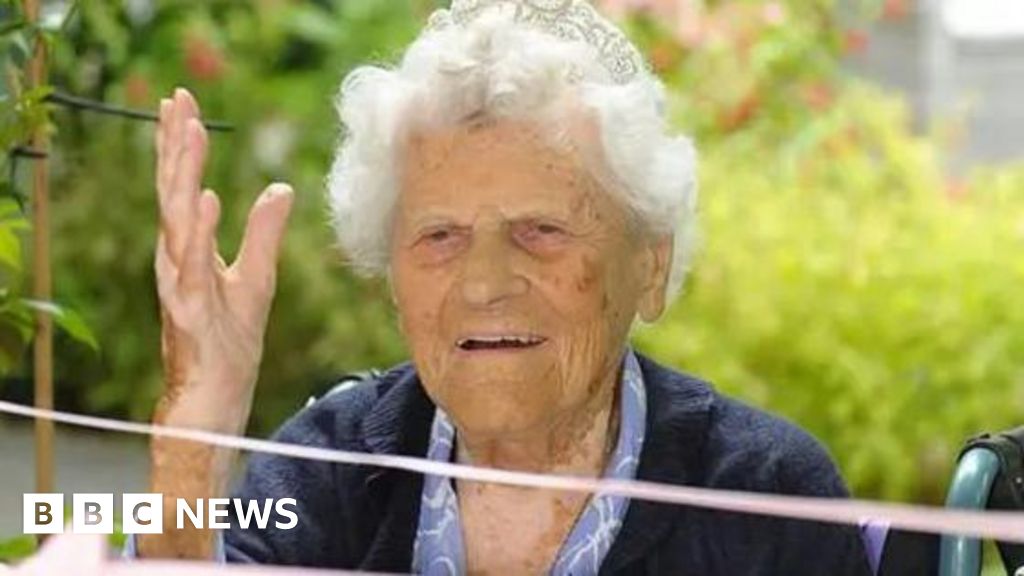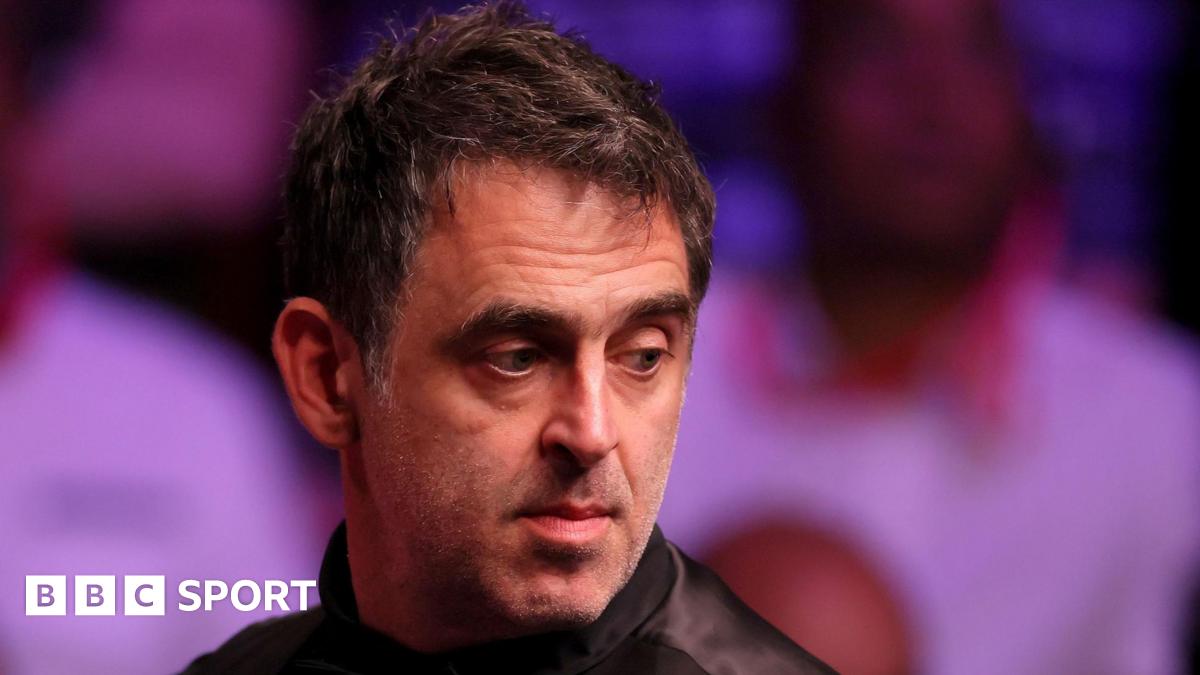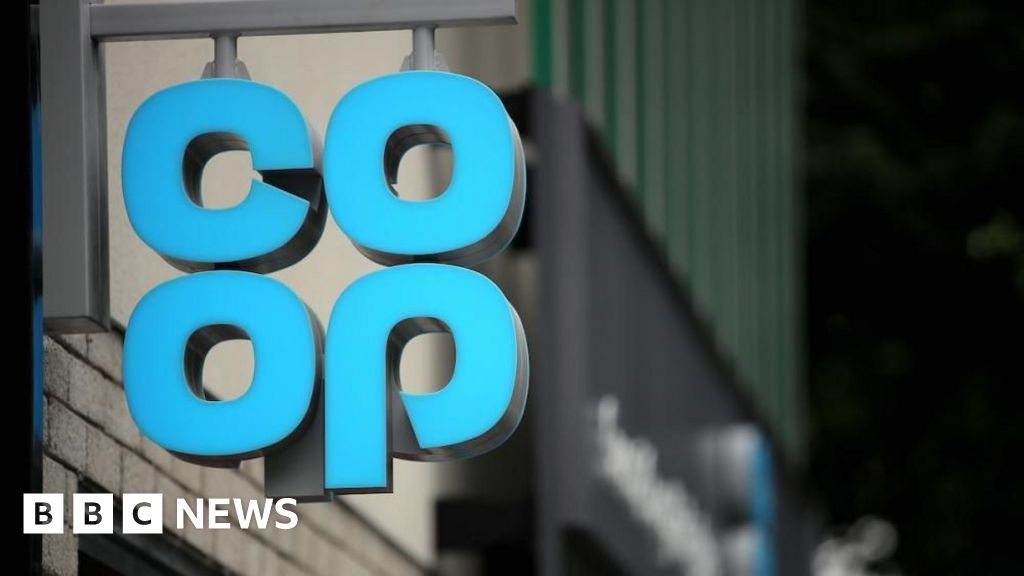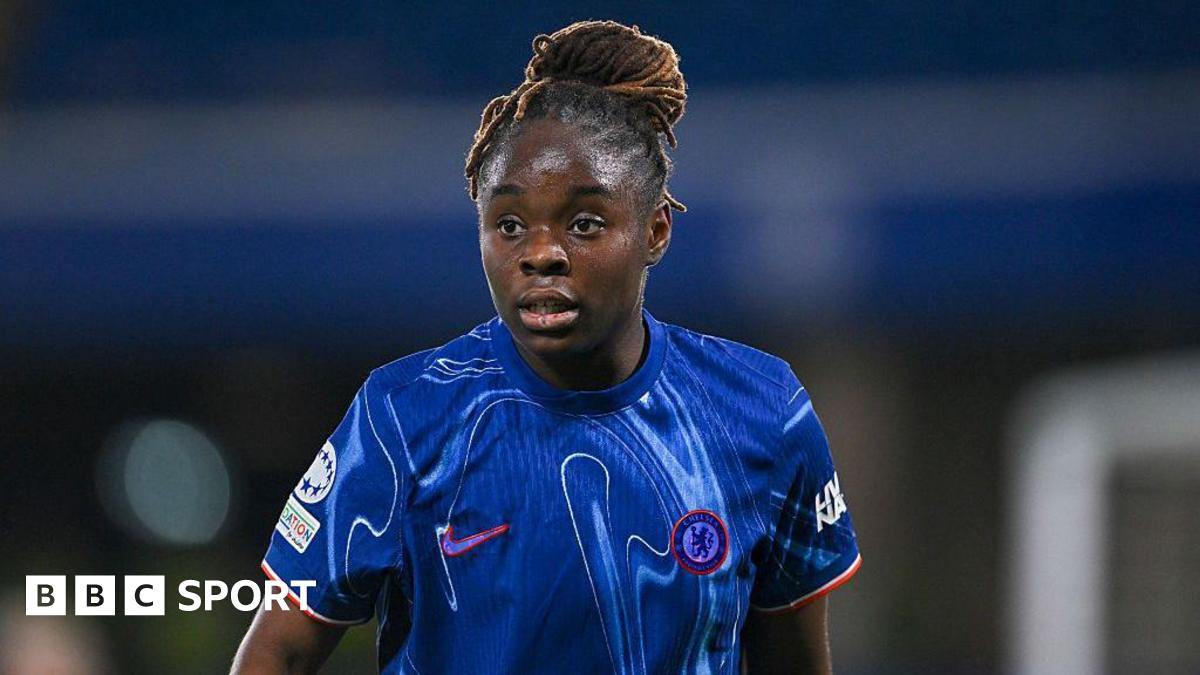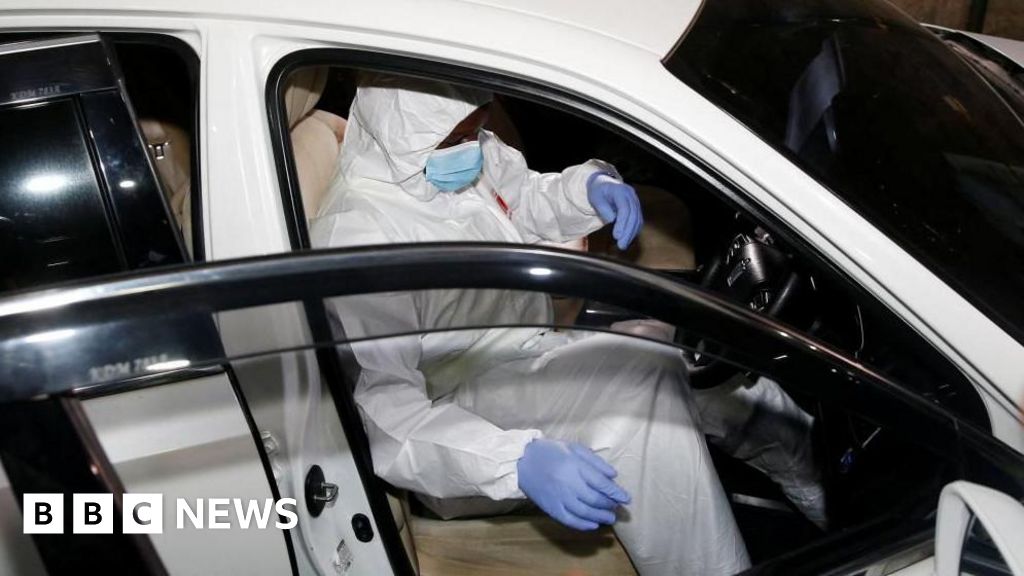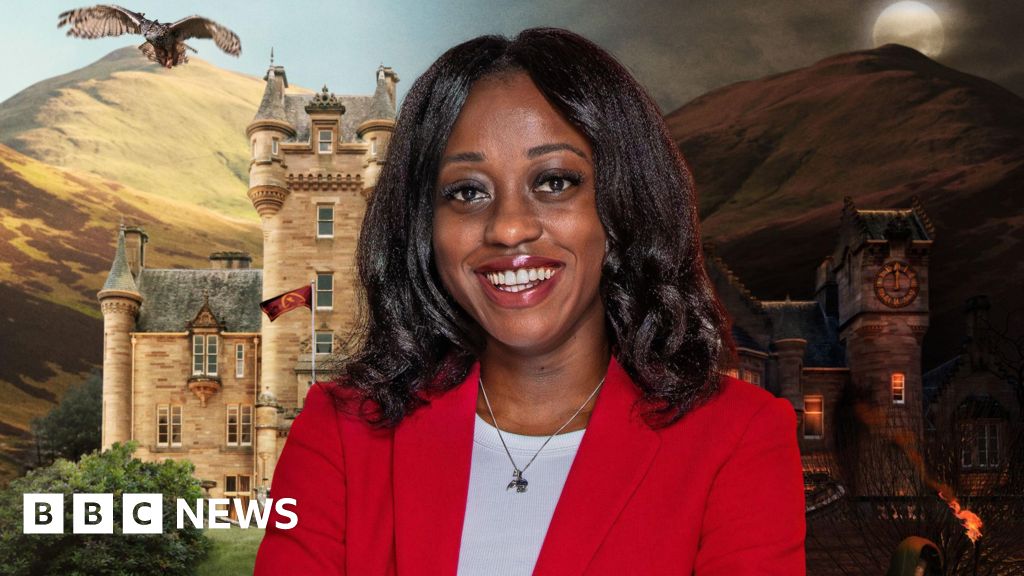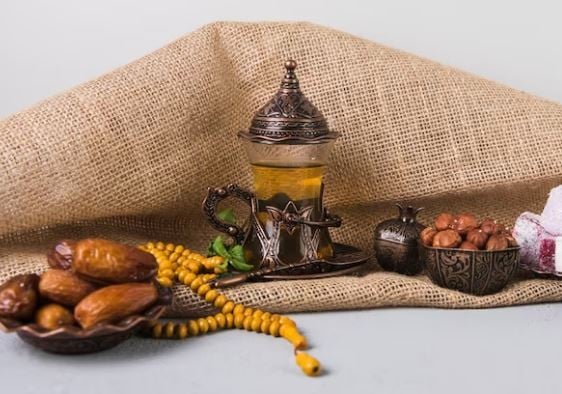The sound of the alboka cascading through Basque villages once acted as a call to neighbours that a festival was about to begin. These days, with Athletic Club hitting the right notes in Europe and La Liga, the thrum of the traditional horn usually precedes a carnival atmosphere at San Mames.
As it peters out the txalaparta begins, the clunk of sticks on a wooden plank echo around the 53,000-capacity arena before the iconic club anthem kicks in: "For all of us you are ours. Because you were born from the people..."
"It sums up the core idea and philosophy of Athletic, this idea that players have a closer tie to the club they are representing," explains Basque journalist Benat Gutierrez.
"The link is tighter because you generally know someone who knows someone whose kid or neighbour has climbed the different levels of Athletic before playing for the first team."
Manchester United head to Bilbao on Thursday for a semi-final first leg knowing if they are to win the Europa League two of their potential three remaining games in the competition will come at San Mames, which will also host the final on Wednesday, 21 May.
It is a truly unique and iconic stadium. One that bears an almost spiritual aura and has thus been nicknamed The Cathedral - fans still worship Saint Mammes at the site of an old shrine next door, the third-century orphan who pacified the lions sent to kill him. It's why Athletic are known as "Los Leones", The Lions.
San Mames is a symbol of Basque identity, just as Athletic have become a Basque institution through their philosophy of only fielding players who are born or raised in the region. "Unique in the world," they call it.
Families visit together, club memberships are passed down through generations like heirlooms. The players representing Athletic on the field were once those decked in red and white in the stands.
"Every time I step on the pitch I feel like I'm living the dream of that little boy who used to go to the stadium with his parents and who dreamed of one day being able to play football at San Mames," explains young midfielder Mikel Jauregizar. "You know what the club means to everyone who's there. I feel a very strong connection with our fans."
It is a stadium where tradition prevails. From Basque rituals such as the alboka and txalaparta, to the 'Txoria Txori', when players embrace after the game and sing in unison with the fans, to other chants in the language about "losing your beard".
"That's about the philosophy of Athletic," beams Gutierrez. "If you change it, you may win more titles. But you love Athletic, you don't love the titles…"
"Fans are close to the pitch and really in sync with the players," explains Gaizka Atxa, founder of a supporters' group named after Fred Pentland, a legendary former English coach of the club.
"The environment is usually overwhelming for rivals that come to San Mames. It's intimidating, especially in La Liga. In Spain, I don't think there's a similar type of environment."
The San Mames experience, though, begins long before kick-off. On the bar-lined 'Poza', supporters dripping in red and white go through their pre-match routines, meeting for drinks and pintxos, buying their sandwiches for half-time, something of an Athletic tradition.
"When Athletic is performing really well, the pre-match atmosphere is second to none," says Atxa. "People are always socialising, friends getting together and trying to have a good time and enjoy themselves, that experience of hanging out before the match, that's really what a lot of fans really like.
"Once you get into the Athletic culture, people really enjoy the socialising before the match and that really gets you into a good spirit."
Built on the site of the old stadium, the new San Mames, opened in 2013, is both ideally located within walking distance of the city and a stone's throw from the River Nervion.
It's a site packed with history and one where legends are celebrated.
A statue of former goalkeeper and captain Jose Angel Iribar stands in front of the ground - it was Iribar and Real Sociedad captain Inaxio Kortabarria who carried a banned Basque flag on to the pitch before a derby in December 1976, following the death of Spanish general Francisco Franco.
Meanwhile, the bust of Rafael Moreno Aranzadi, better known as Pichichi, Athletic's prolific forward in the early 20th century who La Liga's top goalscorer award is named after, sits at the entrance of the players' tunnel.
"With Pichichi, we are talking about a legend, one of the most iconic players for Athletic and someone who transcends Athletic to be an important piece of Spanish football culture," says Gutierrez.
"Iribar goes even beyond that. He is a legend, but he is currently the embodiment of the values of Athletic. He is the most important representative of the club.
"He is the person any fan is so happy to see around. He is always there to show Athletic is with the people, he is someone like no other in Athletic's history."
Manchester United of course have their own history at San Mames. Matt Busby's side lost 5-3 in the European Cup quarter-final first leg during rare snowfall in Bilbao in January 1957, but won the reverse leg 3-0 - at rivals City's Maine Road - to progress.
The clubs met again in the 2012 Europa League last 16, a year before the new ground opened, when Marcelo Bielsa's side beat Sir Alex Ferguson's outfit over two legs on their way to the final, where they were beaten by Atletico Madrid.
It was the second time the Basque side have finished runners-up in the competition, having lost over two legs on away goals to Juventus in 1977.
This season, having ended the club's 40-year trophy drought with the Copa del Rey last summer, there is the added incentive of trying to win a first European trophy at their own, iconic home.
"Even though we're a humble team, we are very competitive and we always want to win," says Atxa. "We need to show the world of football that Athletic can stand out with its philosophy against the best.
"Every time we play in San Mames, the first thing I think is 'let's make it another 100 years like this'. Every game is another in which we can compete at a high level with a unique philosophy.
"Really, it's a bit of a miracle."
.png)
 6 hours ago
2
6 hours ago
2
